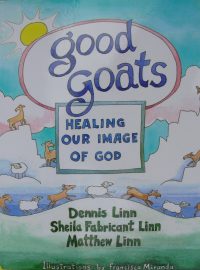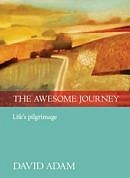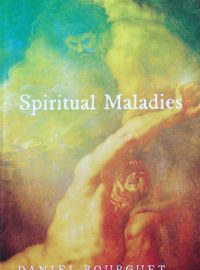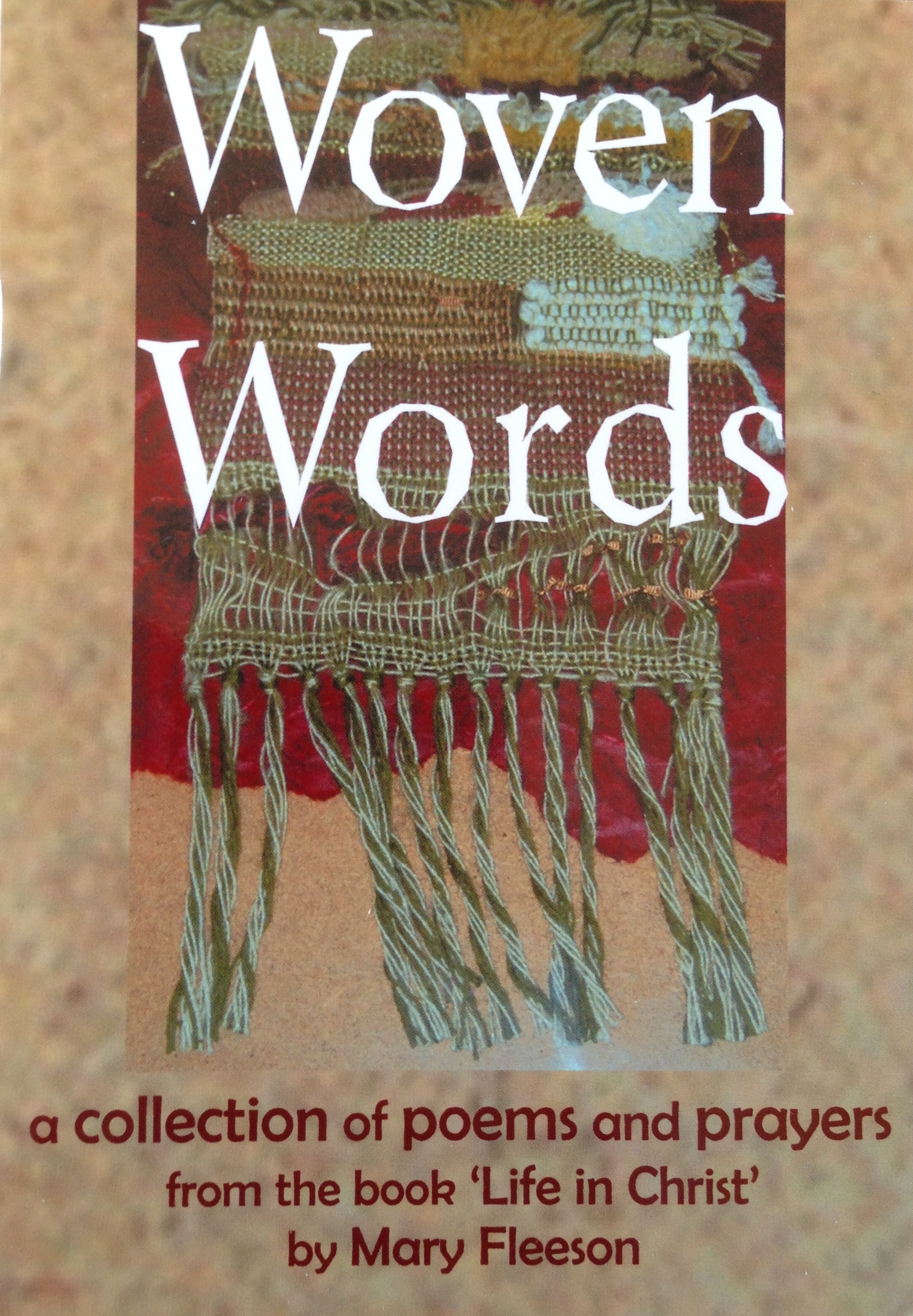Woven Words: Life in Christ – a collection of poems and prayers
View cart “Spiritual Maladies” has been added to your cart.
Additional information
| Weight | 0.029 kg |
|---|---|
| Dimensions | 14.7 × 10.6 × 0.4 cm |
| Format |
Add a Review
Be the first to review “Woven Words: Life in Christ – a collection of poems and prayers” Cancel reply


Encountering Exile
Re-imagining Church, Scripture & Prayer, The Inner Journey
The decline of the Church in the West means many Christian leaders are forced to taste a bittersweet draught of hopes fulfilled and deferred, liberally laced with failure and even shame. Our world seems so different to the joyful simplicity of the new Church of the New Testament. Where else in the Scriptures could we look to cope and hope?' George Lings investigates. This booklet is part of the Encounters on the Edge series. A downloadable PDF version of the booklet is also available.
£2.00


Good Goats: Healing our Image of God
Scripture & Prayer, The Inner Journey
This is an illustrated book by Matthew Linn, Sheila Fabricant Linn and Dennis Linn. They describe it as follows:'We become like the God we adore. Thus, one of the easiest ways to heal ourselves and our society is to heal our image of God, so that we know a God who loves us at least as much as those who love us the most. Discusses whether God throws us into hell or otherwise vengefully punishes us, and the role of free will. Includes a questions and answer section that gives theological and scriptural foundation for the main text.'
£13.99


The Awesome Journey: Life’s Pilgrimage
Scripture & Prayer
Drawing on a lifetime of Christian pilgrimage, David Adam reflects on biblical encounters with the divine.
God's question to Adam, 'Where are you?' is relevant to us all; Abraham's long journey of hearing and obeying (and learning the art of having no agenda) is ours too; Jacob's great discovery – that heaven is found on earth and earth is raise to heaven – helps us to become aware that we often already possess what we think we're searching for. Moses' desert experiences of grief and glory encourage us to press on to the Promised Land; Elijah's powerlessness reminds us that God often call us out of darkness and weakness, and that we may need stillness to hear him. The story of the prodigal son's return is a disarming reminder of the welcome that awaits each one of us; while Paul's call to rejoice inspires us to be present fully to each day.
As we continue to move forward, these profound insights – on grief and glory, emptiness and fulfilment, repentance and forgiveness, loving and being loved will transform the way we live and the way we relate to God, here and now.
£8.99


Spiritual Maladies
Scripture & Prayer, The Inner Journey
To love is to live and to live is to love; this is God's intention for humanity. However, humanity falls ill along the way; its love of God and neighbour becomes diseased, infected with other loves; the love of money, of pleasure. . . . To these malaises God becomes our physician; he draws alongside us to heal and to restore us to fullness of life. The author enables us to rediscover this obscured face of God, the face of God our physician, full of compassion and very attentive--a God before whom it is best to lay bare all our ills in order to be healed. In this important corrective, Daniel Bourguet reorients readers. Sin is not so much law-breaking behaviour that requires a punitive judge as it is a spiritual malady of the passions in need of the Great Physician. From Cain's sin to Christ's ministry, we see grace as God's medicine for our sick world. This book is gentle, therapeutic gift.
£13.00


Reviews(0)
There are no reviews yet.